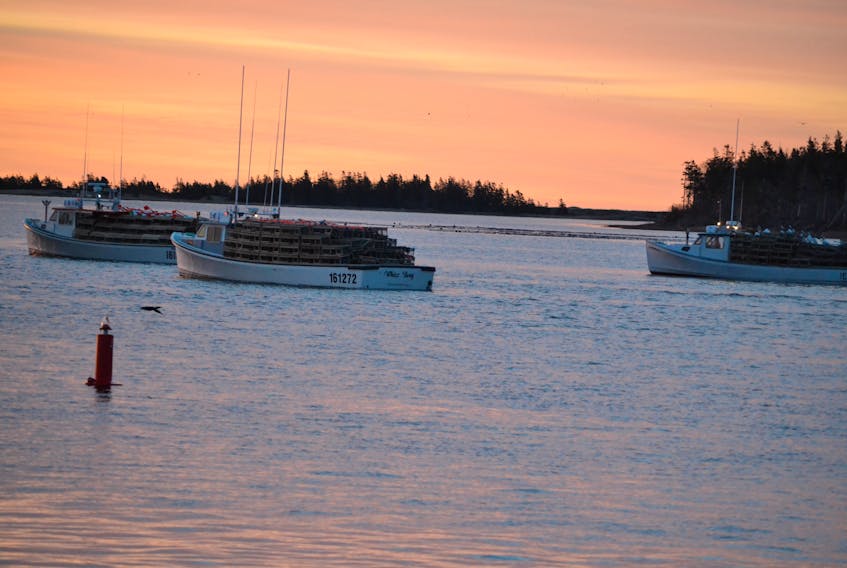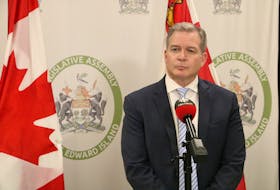CHARLOTTETOWN, P.E.I. — The P.E.I. Fishermen’s Association is joining Maritime Fishermen’s Union representatives in New Brunswick in calling for a ban on all lobster fishing activity in the southern Gulf of St. Lawrence during the “mid-summer” period.
Asked for a definition of mid-summer, Ian MacPherson, managing director of the PEIFA, said it would primarily be the month of July.
The MFU, in a press release from July 19, identified July 7 to Aug. 7 as the dates it wants the Department of Fisheries and Oceans to implement a total ban on lobster fishing.
“Changing climatic conditions have resulted in warmer water and ambient temperatures in mid-summer, increasing the stress on the stock and increasing the need for protection in the form of a complete fishing ban," the PEIFA said in a press release issued Thursday, Sept. 26.
There is no commercial lobster fishery in the southern Gulf between July 7 and Aug. 7.
P.E.I.’s springtime commercial lobster fishery typically ends on June 30, although a small area fishes until July 7. The fall season in the northwestern part of Northumberland Strait typically runs from Aug. 8 or 9 until early October.
“After 20 years of lobster research from the government of Canada and our science affiliate, Homarus, we understand just how important the mid-summer (July 7 – Aug. 7) is for the hatching and development of lobster larvae into juvenile lobsters,” MFU executive director, Martin Mallet said. ”Any fishing activity during this time has an extremely negative effect on several key biological processes for lobster, including moulting, extrusion of new eggs and hatching of eggs that are in the final stages of development.”
He calls the targeted period the most important month in the life cycle of lobster.
The PEIFA wants the requested ban to extend to the food, social and ceremonial aboriginal fishery “as all lobsters need to be protected during their critical moulting and spawning period.”
Officials from the Mi’kmaq Confederacy of P.E.I. nor fisheries directors for the Lennox Island and Abegweit First Nations bands on P.E.I. could be reached on Friday for comment on the PEIFA's proposal.
MacPherson said the PEIFA is expressing its view on the need to protect lobster stocks during the critical molting period, to generate discussion. He said the association has not yet submitted its official request to DFO.
“There is a concern," MacPherson said. “I’m not saying that’s happening locally but, at the end of the day, irrespective of the group, lobster are very important to us.”
In issuing its statement, the PEIFA acknowledges that lobster landings have increased over the last eight years. It credits conservation measures, such as escape panels to allow small lobsters to escape, and reduction in licenses and trap limits in LFAs 25 and 26A for the improvement.
“A cornerstone of other species that are rebuilding is not only the protection of the resource but also the active spawning population and spawning grounds,” the PEIFA said.
It suggests a mid-summer lobster fishing ban is viewed as “another tool that will assist in keeping the southern Gulf lobster industry vibrant and viable for many years to come.”
“We want to keep doing everything we can to make sure the resource remains strong,” said MacPherson.









